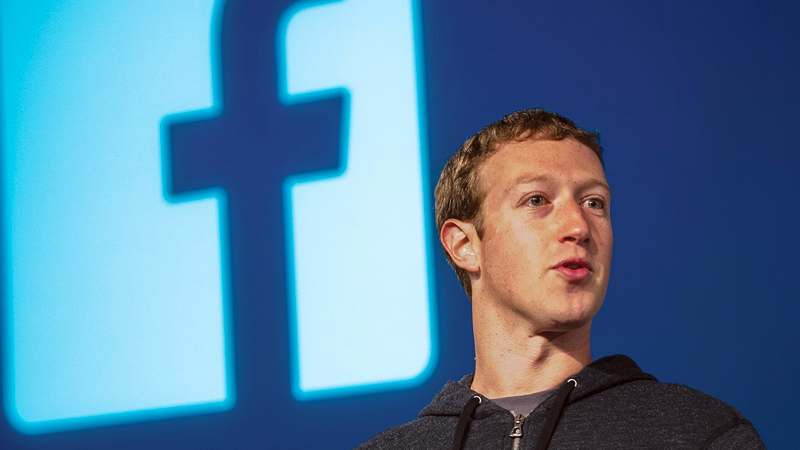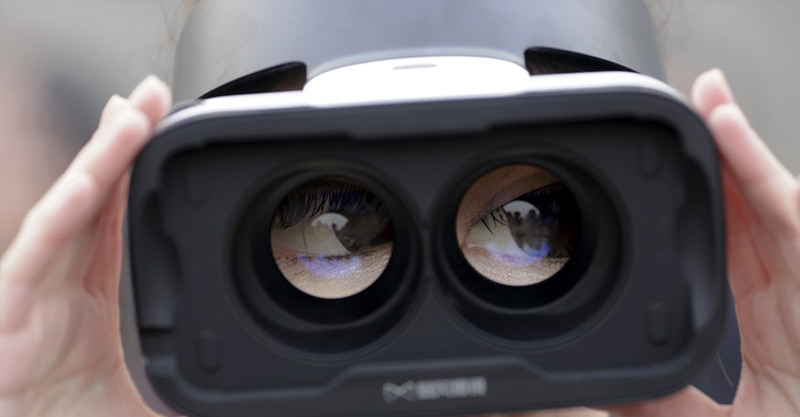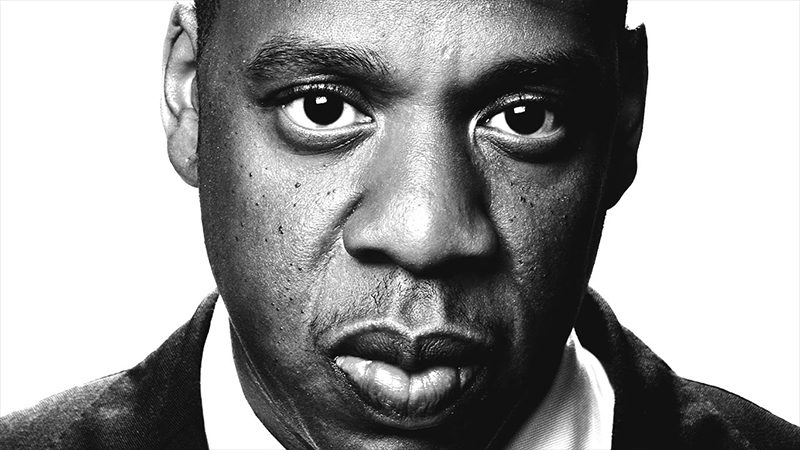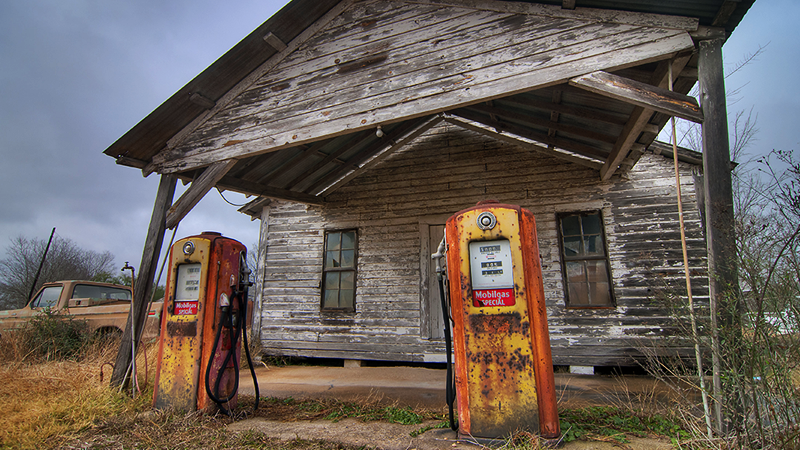Facebook’s announcement that it is ramping up its investments in video content would only be a shock to Inspector Louis Renault of Casablanca. Renault (portrayed by Claude Rains) memorably declared just before pocketing his winnings from the gaming tables: “I am shocked, shocked, to find that there is gambling going on in here!” Despite a longtime self-labeling as merely a “tech” company, Facebook’s content gambit is worthy of similar faux surprise.
The actual Facebook news was simple and straightforward. According to a statement from Ricky Van Neen, Facebook’s head of global creative strategy, Facebook is now “exploring funding some seed video content, including original and licensed scripted, unscripted and sports content.”
True, this is the first official public acknowledgement from Facebook that it will spend money towards the goal of owning and controlling content. But if there was ever a story of dog bites man, this is it. Facebook hits virtually all the right notes in the chords that make up the media symphony.
Most obviously, Facebook is a massive distributor of content. Every minute, Facebook users share nearly 2.5 million pieces of content. In that same period, users share 347,000 photos on WhatsApp and post 216,000 photos on Instagram. The forms of content Facebook distributes include text, video, pictures, games and quizzes. Although Facebook began its life as a user-generated platform, it is a well-established outlet for distribution of content from traditional print publishers such as the Washington Post and the Wall Street Journal, virtually every cable network from CNN to Discovery to A&E, and an endless list of digital native content providers like the Huffington Post.
Facebook’s move to be a direct content funder and owner follows a long-trod path of traditional and digital content distributors who see the gold in the hills of content ownership. For over 20 years, the old “fin-syn” rules limited the ability of broadcast networks to own programming broadcast on their own networks. Once the networks successfully had it killed at the FCC in 1993 they became significant producer-owners as well as serving as an advertising platform. HBO and Showtime made their bones delivering Hollywood movies produced by the studios until they later got into the production business with The Sopranos, Homeland and company. And Netflix, Hulu and Amazon have brought the same approach to digital, ramping up their funding of original series and movies. Amazon has already been responsible for Emmy wins (Jeffrey Tambor in Transparent); are the Oscars next (Manchester by the Sea)?







